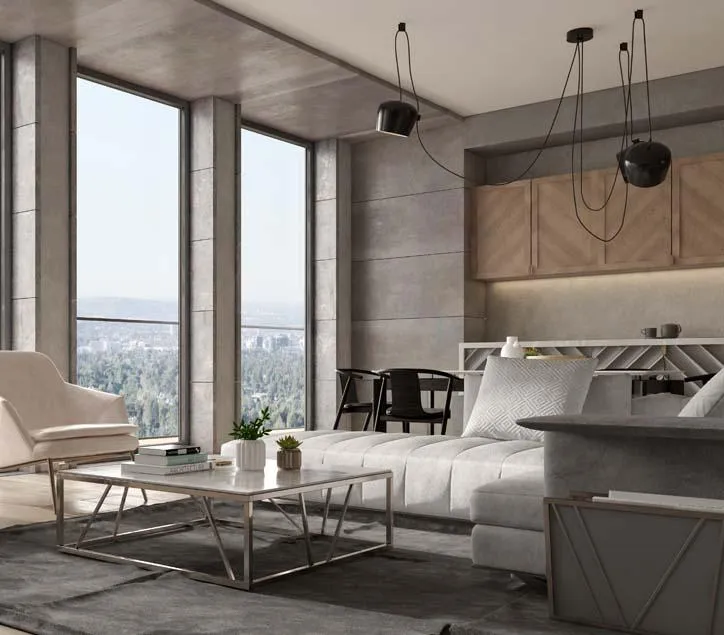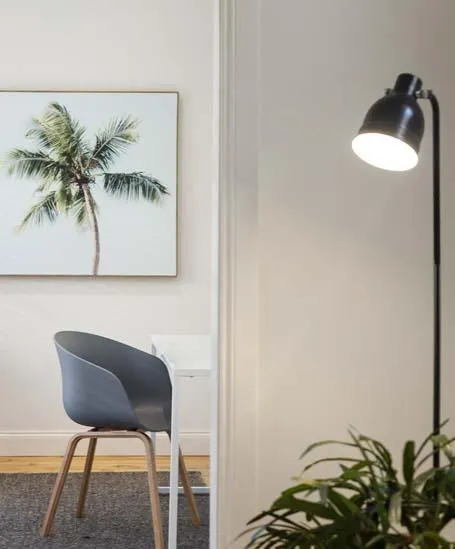Find a comfortable residence
We provide all-inclusive affordable housing options to under-resourced populations across Arkansas

Multiple
Residences
Choose from multiple residences, each designed for quality, comfort, and style to match your unique needs.
600 +
Operators
We've worked with over 600+ other operators across the country. Helping establish sober houses across the nation.
45 +
States
We have helped fill homes across almost every state in the country by offering all-inclusive living arrangements for those in need of sober living.
Community
We truly care about our residents, and believe our people are the heartbeat of our community.
Comfort
Our homes are fully furnished and clean, while providing nutritious meals, amenities, and environmental stability.
Support
Our staff provides a safe peer community to address difficult issues and monitor individual growth toward independent living.
Our Services
At a Stepping Stone House, we don't just provide housing; we build communities of care and support. Our services are designed to meet your unique needs, ensuring you receive the best possible housing and supportive services for your specific needs.
Our services are more accessible than ever for Arkansas residents, helping you achieve better health and stability. We offer Enhanced Care Management, Housing Transition Navigation Services, Housing Tenancy & Sustaining Services, and assistance with Housing Deposits.
For those experiencing homelessness and in need of transitional housing, we are a housing provider offering Short-Term Post-Hospitalization, and Recuperative Care/Medical Respite housing for post-acute episodes exiting a hospital setting.
We believe your environment shapes your success, so most of our homes have been fully remodeled to give our residents a sense of pride and dignity.
Since we opened our first home, we have provided a wide variety of populations with affordable, high quality, specialized housing. Demographics served include: those experiencing homelessness, veterans, recovery housing, transitional housing, re-entry, and low income.

Find out how you can stay with us
Frequently Asked Questions
What is a sober living home?
A sober living home is a residence where individuals live in a drug-free and alcohol-free environment. These homes provide a supportive community for people committed to sobriety, whether they are transitioning from treatment programs or voluntarily choosing this lifestyle.
Sober living homes are NOT treatment facilities and DO NOT provide clinical services. Instead, they offer structure, accountability, and peer support to help residents maintain their recovery.
Who lives in sober living homes?
Residents of sober living homes come from diverse backgrounds. All of our residents voluntarily choose to live in these homes and maintain a commitment to abstinence from drugs and alcohol. These homes provide a peaceful and supportive space for individuals pursuing a healthy, substance-free lifestyle.
Is this home licensed or permitted?
No special license or permit is required because sober living homes do not provide clinical treatment or operate as healthcare facilities. Under federal and Arkansas fair housing laws, these homes are considered single-family residences and must be treated the same as any other home in the neighborhood.
How are sober living homes managed?
Sober living homes have house rules that all residents must follow, such as maintaining sobriety, contributing to household responsibilities, and respecting neighbors. Many homes have resident leaders or house managers who oversee daily operations and ensure the home remains safe and orderly.
Will this increase crime or disrupt the neighborhood?
No. Research shows that well-managed sober living homes do not increase crime rates or disrupt neighborhoods. Residents are committed to sobriety and personal accountability, making them invested in maintaining a peaceful and respectful environment.
How will this affect property values?
There is no evidence that sober living homes negatively impact property values when they are well-managed. These homes are often indistinguishable from other residences in the neighborhood and contribute positively by supporting individuals in recovery.
Will there be traffic or noise issues?
Sober living homes operate like any other single-family residence. Residents typically work, attend school, or participate in recovery programs during the day, resulting in minimal traffic. House rules often include quiet hours and curfews to ensure noise levels remain low and respectful of neighbors.
Why was this location chosen?
Sober living homes are located in residential neighborhoods to provide residents with a suitable and supportive environment conducive to recovery. Proximity to community resources such as employment opportunities, public transportation, and recovery meetings is often considered when selecting locations.
Are there rules or guidelines for residents?
Yes, all residents must adhere to house rules designed to maintain a safe and structured environment. These rules include respecting neighbors and maintaining quiet hours.
What benefits do sober living homes bring to the community?
Sober living homes provide numerous benefits by contributing to public health by fostering recovery-focused lifestyles. They also reduce strain on emergency services by providing housing for individuals who might otherwise face challenges without this support.
By helping individuals reintegrate into society as productive members, sober living homes contribute positively to the community as a whole. Our homes specifically have a high rate of individuals moving onto permanent housing after their stay with us, and we assist them with finding permanent housing.
Are sober living homes protected under fair housing laws?
Yes. Under federal law (the Fair Housing Act) and Arkansas law (the Arkansas Fair Housing Act), individuals with disabilities—including those recovering from substance use disorders—are protected from housing discrimination. Sober living homes cannot be treated differently than any other single-family home in the neighborhood.
How can I learn more or voice concerns?
We encourage neighbors to reach out directly with any questions or concerns. Open communication helps ensure that the home operates smoothly within the community while addressing any misconceptions.
For those interested in fostering an inclusive community, consider exploring implicit bias training to better understand how unconscious biases may influence perceptions of sober living homes.

Find out all the ways to enjoy modern residential life ensuring you receive the best possible housing and supportive services for your specific needs.